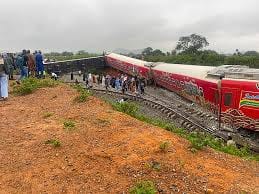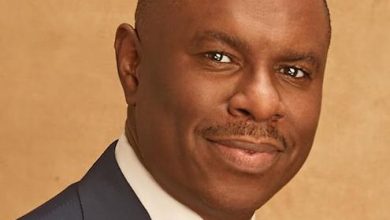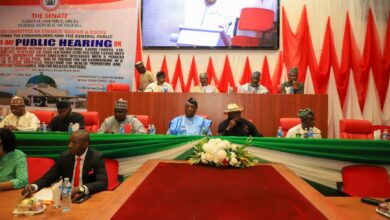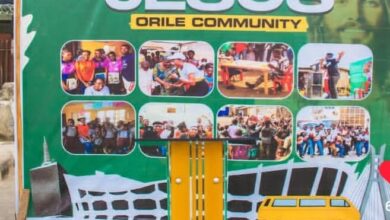
By Ismail Aniemu
For starters, logistics is the backbone of global trade and economic efficiency, orchestrating the seamless movement of goods, services, and information from origin to destination.
For a country like Nigeria with a population of over 200m getting people, goods and services to reach locations of need is essential but the fear of the unknown resonates in the minds of travelers, albeit not misplaced
How have we optimised the power in supply chains to reducing costs, and enhancing customer satisfaction through timely deliveries?
The recent derailing of a train 🚂🚋🚃🚋🚃🚋🚃in Nigeria should awaken our consciousness to the need for well planned and adequately secure infrastructure.
Aside not heeding to eatly warnings, we haven’t done much about leveraging technology, data analytics, and strategic planning to streamline our mass transit sustainability
Whereas,the actual cause for the derailment is yet to be stated, train derailments don’t just happen. They are sometimes caused by track defects (like broken rails or misaligned tracks), mechanical failures in equipment (such as bearing failures), human error (speeding or miscommunication), obstructions on the tracks, and improper cargo loading or balancing
Government should consider declaring a state of emergency on strengthening security around all transport infrastructure including our inter state roads where there have been incidents of kidnapping including one recently reported by social activist, Very Dark Man along a connecting route between Edo and Kogi States.
With heavy security around top government functionaries and politicians, we are only playing the ostrich by hiding our heads in the sand, leaving our whole body out and vulnerable. Problems remain unsolved.

On the flipside, a music star recently attempted stopping an aeroplane from flying at one of Nigeria’s major airports. Our system failed to arrest him immediately on the spot. That is a huge joke about how we treat the security of transport infrastructure in the event of human compromise
For our water transportation, there have been reported cases of deaths from marine accidents due to either overloading, non usage of life jackets, poor watercrafts and other attitudinal issues like night travel by water in areas without navigational aids
It has become necessary to enlist traditional rulers in enforcing safety guidelines as neither the federal government nor state governments can provide the needed manpower to enforce compliance with safety guidelines across all jetties and water fronts from where travels are initiated and terminated
Getting our logistics right with security and compliance will provide protection for lives, sustain our infrastructures and ensure goods and services circulate unhindered around the country.
Let’s not forget that transportation is the lifeblood of commerce, enabling the flow of goods, services, and ideas across regions and nations.
Efficient transportation systems—like roads, railways, ports, and air routes—reduce costs, speed up delivery, and connect markets, driving economic growth. Historically, innovations like the steam engine, railroads, and modern logistics have transformed trade by shrinking distances and boosting accessibility
It’s time we optimised these derivable gains for our economic sustainability
Ismail Aniemu, a transport scholar and Publisher of JournalNG writes from Lagos.












I’ve been following your blog for some time now, and I’m consistently blown away by the quality of your content. Your ability to tackle complex topics with ease is truly admirable.
Your blog is a true hidden gem on the internet. Your thoughtful analysis and engaging writing style set you apart from the crowd. Keep up the excellent work!
Your blog is a beacon of light in the often murky waters of online content. Your thoughtful analysis and insightful commentary never fail to leave a lasting impression. Keep up the amazing work!
Your writing has a way of resonating with me on a deep level. I appreciate the honesty and authenticity you bring to every post. Thank you for sharing your journey with us.
qi3x5r
78q7gr
p1dmnj
ncvnh5
tf9m7x
9yguk1
m3fgjc
kkgvaw